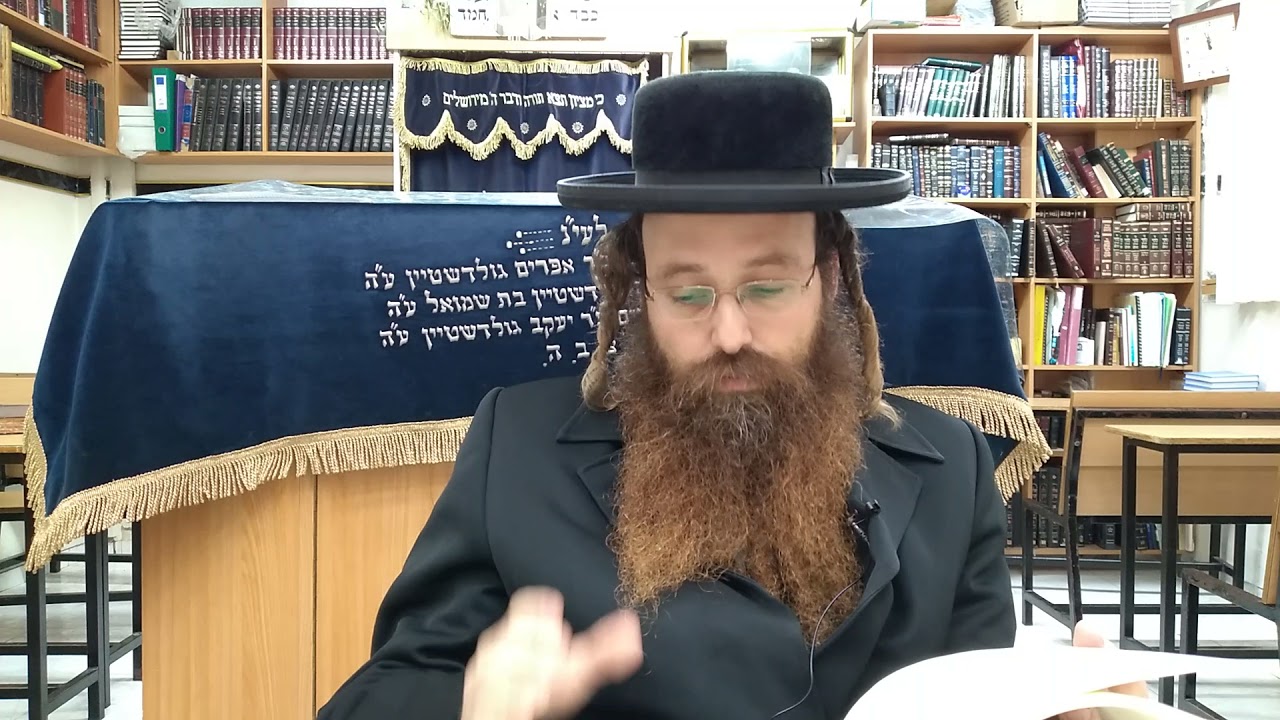מאמרי הסולם
סיכום שיעור קבלה
מדברים פה על פסוק ממשלי לא, על אשת חיל, "תדרש צמר ופשתים ותעש בחפץ כפיה", ונסביר את זה בפנימיות, ברוחניות. הרעיון הוא שהאדם צריך להידמות לעליון, לבורא, שמשרה את שמו – האות א' – על הכל, בין באותיות ישר ובין בהפוך. האות א' מסמלת את האמונה שנותנת חיים לחומר. כשהאדם מקבל את האמונה הזו, הוא מקבל חיים שמתחלקים לשלושה מינים – דומם, צומח, חי – לפי סדר התיקון. זה סוד ההתחברות של האדם לכל הבריאה, ממש כמו שמלח, צמחים ובעלי חיים נמשכים אליו, לפי רצונו או שלא ברצונו.
מלח, למשל, קשור למלכות. הוא חיוני לחיים – אין חיים בלי מלח – אבל צריך אותו במידה, ממש קצת. לא מדברים פה על מלח לבן רגיל, ששורשו נלקח ממנו והוא נשאר רק על מנת לקבל, אלא על מלח שמכיל את כל היסודות. המלכות היא היכולת של האדם להמליך את הבורא, להפוך הכל לחלק מהכלל. זה אומר שהאדם לא צריך לקבל מכות כמשהו נפרד, אלא לראות אותם כחלק מהתיקון של הבריאה – כמו צמחים ובעלי חיים שנמשכים אליו. יש פה שני רבדים: בגשמי, זה מה שהאדם אוכל ועושה בירורים בתחתית עולם העשייה, במטריקס הזה; וברוחני, זה סוגים של מוחין אלוקיים בתורה שהוא צורך ומתפתח נפשית ותודעתית דרכם.
מה זה "ברצונו ושלא ברצונו"? צריך להבין את זה טוב. "ברצונו" זה כשהאדם עושה את זה מאהבה, "שלא ברצונו" זה מיראה, והמטרה היא להגיע לאהבה דרך היראה. זה קשור לזיווג על דרך הכפייה שמביא לתיקון. יש גם מקיפים על האדם, כמו מלבושים, והם הצמר. הצמר נחשב כחלק מהגוף, כמו לבוש מעובה שקשור לגוף עצמו, כי הוא קבוע על האדם. לעומת זאת, הפשתים הם בחינת מה שמחוץ לגוף – משהו יותר חיצוני. הצמר קשור לצד ימין, חסדים, והפשתים אולי יותר לצד שמאל, גבורות, אבל האמונה מחברת ביניהם. למרות שבציצית מותר לערבב אותם, פה מדובר ברעיון תודעתי עמוק יותר.
יש גם דברים שלא נמצאים תחת רשותו של האדם, כמו מקיפים רחוקים. הכוח של האדם שורה עליהם דרך תשוקה וחפץ, כמו מישהו שרוצה את כל הכסף והזהב בעולם. התשוקה הזו גורמת תיקון לדברים רחוקים ממנו, אפילו בלי שהוא מקבל אותם ממש. זה דבר עמוק. יש ארבע רמות פה: דברים שנכנסים לתוך האדם, כמו מה שהוא אוכל או לומד; דברים שמקיפים אותו וקרובים, כמו לבוש; דברים שמקיפים אותו ורחוקים, שיש להם הערת כלים אבל הוא לא ממש מקבל אותם; ודברים שהוא חושק בהם, אבל הם מקיפים רחוקים מאוד, כמו כסף וזהב שבעולם. התשוקה הזו היא מה שמחבר ומתקן, גם אם הוא לא ממש משיג את זה עכשיו.
הרעיון הוא שהאדם צריך לחבר את כל הבריאה – דומם, צומח, חי – דרך העבודה שלו. המלח, שמייצג מלכות, נותן חיים, אבל צריך להשתמש בו נכון. הצמר והפשתים מראים איך יש דברים קרובים ורחוקים שמשפיעים עליו, והתשוקה שלו היא הכוח שמתקן את הכל, גם את מה שהוא לא ממש מחזיק ביד. זה קשור לתיקונים בעולמות, כמו שמסבירים בבית שער הכוונות, אבל לא ניכנס לזה עכשיו. הכל נועד להביא את האדם להידמות לבורא, להמליך אותו על הכל.
**Summary of Kabbalah Lesson (English Translation)**
We’re talking about a verse from Proverbs 31, about a woman of valor, "She seeks wool and flax and works willingly with her hands," and we’ll explain it in an inner, spiritual sense. The idea is that a person should resemble the Upper One, the Creator, who places His name – the letter Aleph – on everything, both in straight and reverse forms. Aleph represents faith that gives life to matter. When a person receives this faith, they get life that splits into three kinds – mineral, plant, animal – according to the order of correction. This is the secret of connecting to all creation, just like salt, plants, and animals are drawn to a person, whether by their will or not.
Salt, for instance, is tied to Malchut. It’s essential for life – no life without salt – but you need just a little, really a tiny bit. We’re not talking about regular white salt here, where the root was taken out and it’s left just for receiving, but salt that holds all the elements. Malchut is the ability of a person to crown the Creator, to make everything part of the whole. This means a person shouldn’t see blows as separate, but as part of the correction of creation – like plants and animals drawn to them. There are two levels here: physically, it’s what a person eats and the clarifications they do at the bottom of the world of Asiyah, in this matrix; spiritually, it’s types of divine intellect in the Torah that they consume and grow mentally and consciously through.
What’s "by their will or not"? Let’s understand this well. "By their will" is when a person does it from love, "not by their will" is from fear, and the goal is to reach love through fear. It’s tied to a coupling by coercion that leads to correction. There are also surrounding lights around a person, like garments, and that’s the wool. Wool is considered part of the body, like a thick garment tied to the body itself, because it’s constant on a person. Flax, on the other hand, is something more external, outside the body. Wool is linked to the right side, kindness, and flax maybe more to the left, strength, but faith connects them. Even though in tzitzit it’s okay to mix them, here it’s a deeper conscious idea.
There are also things not under a person’s control, like distant surrounding lights. The person’s power rests on them through desire and longing, like someone who wants all the silver and gold in the world. That desire causes correction for things far from them, even without actually getting them. It’s a deep thing. There are four levels here: things that enter a person, like what they eat or learn; things that surround them and are close, like clothing; things that surround them and are far, where there’s an awakening of vessels but they don’t fully receive them; and things they crave, but they’re very distant surroundings, like silver and gold in the world. That desire is what connects and corrects, even if they don’t actually attain it now.
The point is that a person needs to connect all of creation – mineral, plant, animal – through their work. Salt, representing Malchut, gives life, but it has to be used right. Wool and flax show how there are close and far things affecting them, and their desire is the force that corrects everything, even what they don’t hold in their hands. It’s tied to corrections in the worlds, as explained in Beit Sha’ar HaKavanot, but we won’t go into that now. It’s all about bringing a person to resemble the Creator, to crown Him over everything.








